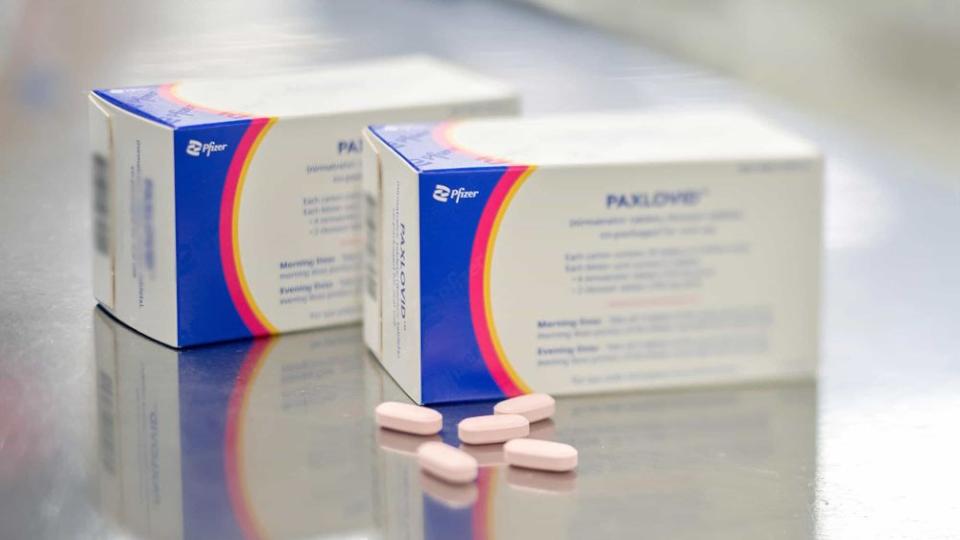NICE expands access to Paxlovid amid over-supply

NICE has extended the number of patients eligible for treatment with Pfizer’s oral antiviral Paxlovid by around 1.4 million, as millions of doses of the COVID-19 therapy approach their expiry date.
Paxlovid (nirmatrelvir/ritonavir) is already recommended by NICE for around 3.9 million people who do not need supplemental oxygen for COVID-19 and who have an increased risk for progression to severe COVID-19 because they have diseases like cancer or liver and kidney disease.
Now, the health technology assessment (HTA) agency has said that the antiviral will be an option for anyone aged 85 and over, as well as those aged 70 and above who are greatly overweight, have diabetes or heart failure, and are resident in a care home or hospitalised.
It will also be available to individuals with end-stage heart failure who have a long-term ventricular assistance device and those on the organ transplant waiting list, extending eligibility to around 5.3 million people.
The move comes as the UK is seeing an increase in COVID-19 cases driven by new variant JN.1 or ‘Juno’, which emerged at the end of last year and has been responsible for a rise in the number of people in hospital with COVID-19, currently running at more than 4,000 a day.
Juno seems to be quite good at evading the immunity conferred by vaccination or prior infection with SARS-CoV-2, but isn’t expected to cause a dramatic rise in hospitalisations. Nevertheless, some hospitals in the UK have re-introduced mandatory use of face masks to try to reduce the spread of the virus and pressure on the NHS.
“Our review of the evidence on the use of Paxlovid has found it offers value for money for a wider group of patients. This is good news for people who may contract COVID-19 in the coming months and will help alleviate pressure on the health service,” said Helen Knight, NICE’s director of medicines evaluation.
“NICE is focused on getting the best care to patients while ensuring the NHS can continue to deliver maximum value to the taxpayer,” she added. “Although we are no longer in a pandemic, COVID-19 is still circulating and we are pleased that more people at risk of severe disease can benefit from Paxlovid.”
There’s no doubt, however, that the UK is sitting on a big stockpile of Paxlovid that is unlikely to ever be used. According to a recent analysis by life sciences data firm Airfinity, 1.5 million courses of Paxlovid expired unused in European countries by the end of November, and 1 million of those – worth $700 million – were in the UK.
The total number of expired courses across Europe is forecast to reach 3.1 million by the end of next month, with a total value of $2.2 billion.
Airfinity said that, given the low prescription of Paxlovid in the UK, 2.2 million courses could go unused by the end of June, bringing the total drug value wasted to $1.5 billion. Similar patterns have been seen in other European countries, but at a much smaller scale.
Pfizer said in its third-quarter 2023 results statement that it had taken a $4.2 billion charge as a result of the US government returning 7.9 million unused treatment courses of Paxlovid.
People eligible for COVID-19 treatments can get free lateral flow tests from participating pharmacies and should take a test as soon as they have symptoms, even if mild, said NICE.













